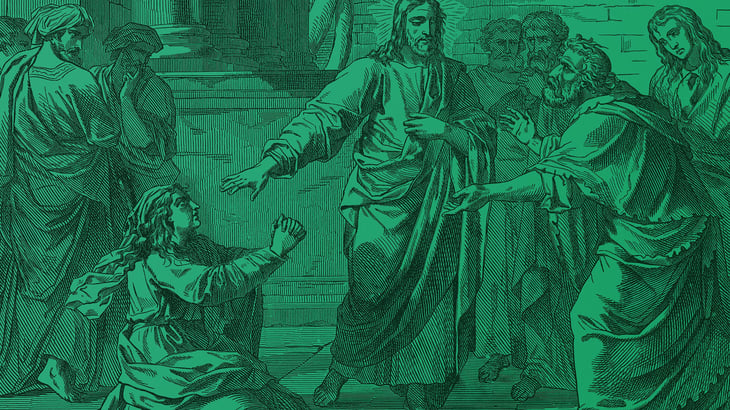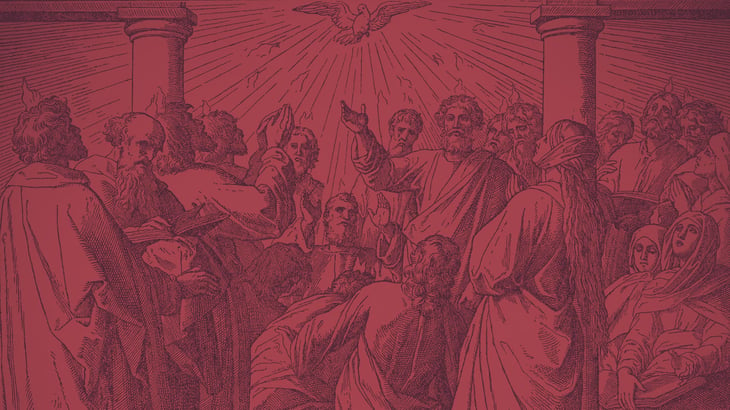Recent Posts by Phil Rigdon
Digging Deeper into Scripture: The Final Judgment
In Matthew 25, context plays a vital role to interpreting Jesus’ explanation of the final judgment. Jesus has made his triumphal entrance into the city of His crucifixion. Our Lord has taught many things: the parable of the two sons, in which the son who first refused to work in the vineyard changes his mind; what the signs will be of His return and how humanity will remain ignorant of the date; the parable of the ten virgins. These all stress a central theme—Christ’s return and the necessity of salvation in Christ alone.
Digging Deeper into Scripture: Matthew 22:1–14
Jesus teaches the parable of the wedding feast as the third in a series regarding the rejection of the message of salvation by many Jews, the identity of Jesus Christ as the divine Son of God, and outreach to the Gentiles. It is noteworthy that He teaches these three parables after His triumphal entry into Jerusalem, where He will eventually endure torture and suffer death on the cross. This circumstance raises the tension to a fever pitch as the chief priests and elders seek to arrest Jesus and bring an end to His ministry.
Digging Deeper into Scripture: Romans 13:1–10
Have you ever been wronged by someone? Have you ever disagreed with the laws or decrees of your local community or the state in which you live? Almost everyone has likely experienced at least one of these scenarios at some point. In Romans 13, Paul reminds the Christians in Rome how to conduct themselves, forgive others, and find ultimate peace through Jesus Christ.
Digging Deeper into Scripture: Matthew 15:21–28
The Gospel reading of Matthew 15:21–28 shares how God's salvation plan is unlimited. Although the Gospel is primarily for the Jews, it is also for the Gentiles. Through the confession of sins and belief in the saving work of God’s son, Jesus Christ, both Jews and Gentiles receive His gift of salvation.
Digging Deeper into Scripture: Matthew 13:24–30; 36–43
This weekend’s passage from Romans amplifies Jesus’ parable of the weeds. In the same way that the servants in the field desire to pull weeds, Christians on earth wish either for unbelievers to be subdued or for Christ’s return to take the faithful to heaven. Paul sympathizes with our “sufferings of this present time” (Romans 8:18) that Christians have “eager longing for the revealing of the sons of God,” and says that we are “groaning together.”
Digging Deeper into Scripture: Romans 5:6-15
The Lord Almighty is a gracious, loving Father. This is exemplified throughout the Bible, both in His compassion for the Israelites and in His Son, Jesus Christ. Just as God daily shows grace to each and every one of His children, we too must also strive to share this grace with others.
Digging Deeper into Scripture: Acts 2:1–21
As Pentecost approaches, take a few minutes to read Acts 2:1–21, the story of the Holy Spirit descending on the disciples. This passage is the fulfillment of an Old Testament promise and is in response to Jesus’ saving work on the cross.

















